Looking at London (1946)
A colorful travelogue of London's most historic buildings and the residual damage still left from WWII.
A colorful travelogue of London's most historic buildings and the residual damage still left from WWII.
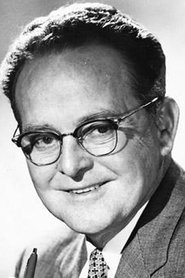 James A. FitzPatrickNarrator (voice)
James A. FitzPatrickNarrator (voice)A tour of the Tower of London, which has served as a royal castle, prison, place of execution and torture, armory and mint during its almost 1000 years of existence.
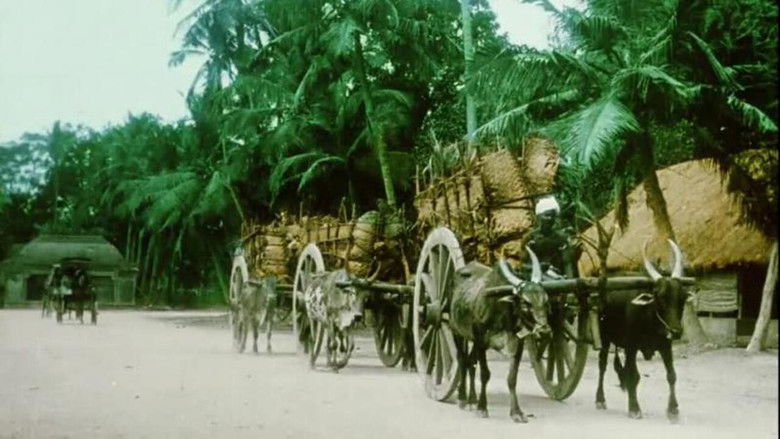
Gorgeously dreamlike colour images of (then) French India – present-day Puducherry.
A colour anamorphic musical look at London's Heathrow airport over 24-hours in November 1971. The subject was shot entirely at Heathrow airport without recording any direct sound. LHR's many layered tracks were all compiled, recorded and laid in post-production.
This early travelogue film, made in a Kenyan train station, captures an impromptu musical performance. Some passengers eagerly join in while others sleep—blissfully unaware of the performance taking place around them.
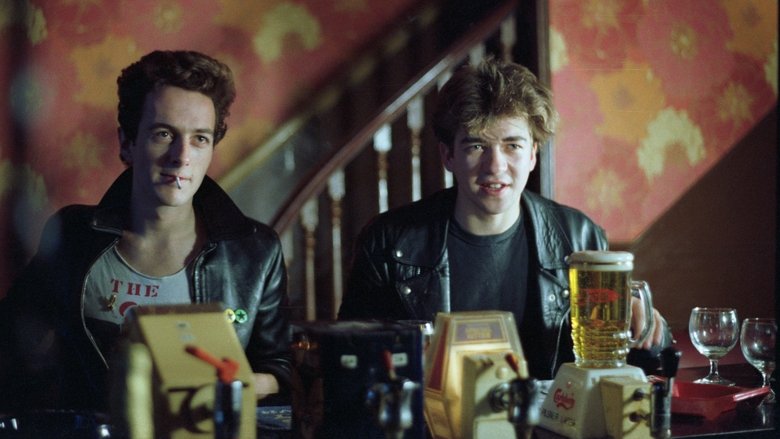
Rude Boy is a semi-documentary, part character study, part 'rockumentary', featuring a British punk band, The Clash. The script includes the story of a fictional fan juxtposed with actual public events of the day, including political demonstrations and Clash concerts.
On Thursday 7th July 2005 four suicide bombers struck in Central London. Within an hour 52 people were killed and 770 wounded in an attack that brought London to a standstill. On the tenth anniversary of the 7/7 attacks, this documentary recounts the events of that day, paying tribute to the bravery of survivors and rescuers and commemorating those who lost their lives.
A documentary about the Friends of the Western Buddhist Order in London.
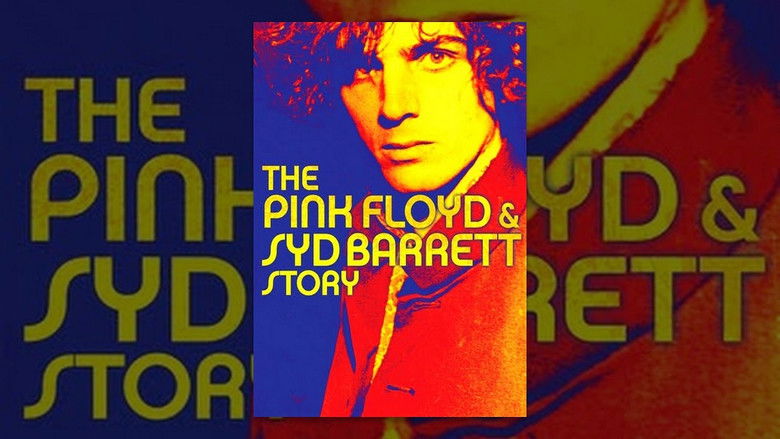
The full bizarre, tragic but celebratory story of Syd Barrett, the co-founder of Pink Floyd.
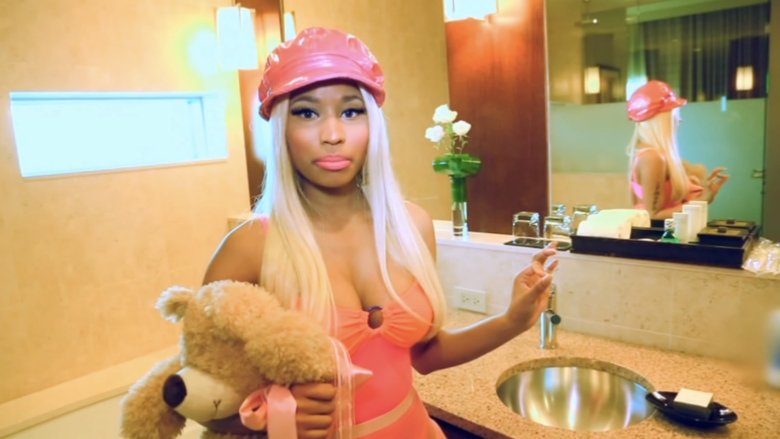
A backstage and on-stage look at Nicki Minaj's career during the Pink Friday Tour, festivals, and more.
After a great year for grime, MC Frisco and Risky Roadz go back to its pirate radio roots. - How Pirates Made Grime. Taking grime back from global phenomenon to its pirate radio roots.
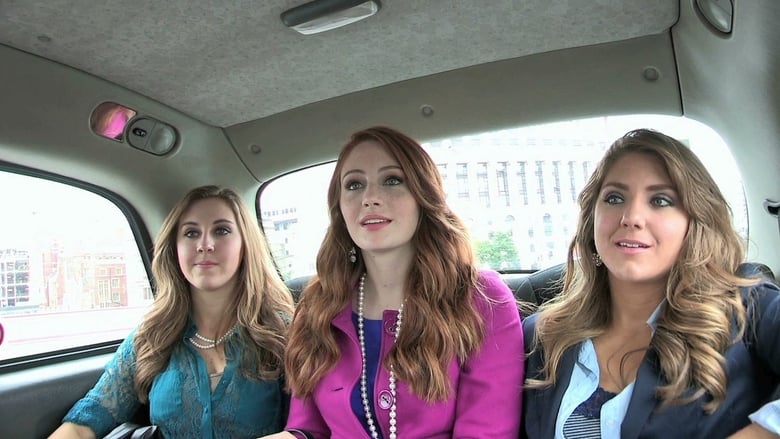
They are young, all-American girls who enjoy horse riding, karate and Sherlock Holmes. But there's more to Brynne, Tess and Savannah than wholesome pursuits - they're exorcists. The girls believe much of the world's population is possessed by evil spirits which are causing addiction, depression and suffering. In a fight against the devil's army, they have been touring America performing public exorcisms on their believers. Now they are taking the fight to a city they think of as one of the most spiritually corrupt in the world - London. But what will Brits make of these evangelical American exorcists?
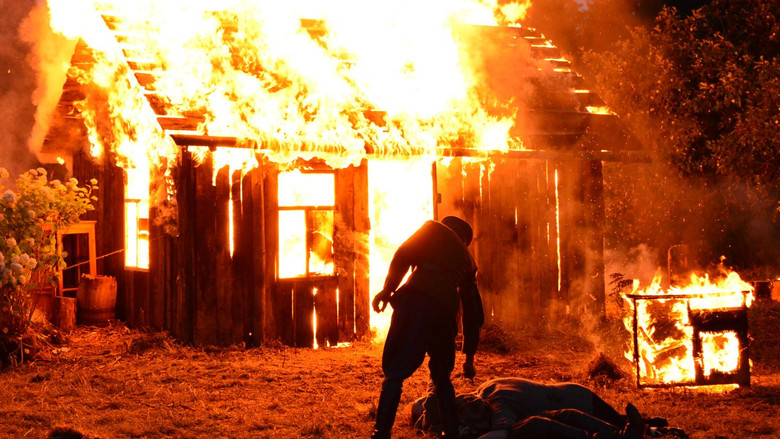
Tells the tale of Lithuanian post-war history.
Stamford Hill in North London is home to a community of 30,000 Hasidic Jews. Aiming to preserve a way of life they had in eighteenth century Poland and living strictly according to over 600 Biblical commandments brings them into conflict with modern life. They have embraced one aspect fully though, the Volvo Estate car.
Actress Elizabeth Taylor, who was born in London, England, gives viewers a tour of the city, including her birthplace, the Westminster Bridge, the Houses of Parliament, Battersea Park and an East End church that was damaged in the infamous "blitz" air raids during World War II. She also recites several famous English poems and speeches by notable English figures.
Sports enthusiast Ernest is to cover 6,000 kilometers on his motorcycle in 15 days, crossing Austria, Italy, Switzerland, the Balkans and Czechoslovakia.
Artist Tom Phillips walks us through his ongoing project to photograph the same 20 London locations once a year for the rest of his life.
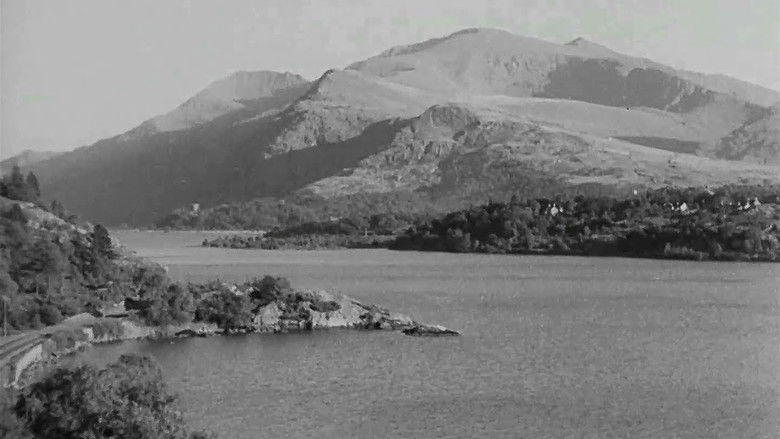
A timeless landscape steeped in history that is little changed today, but was surely made to be filmed!
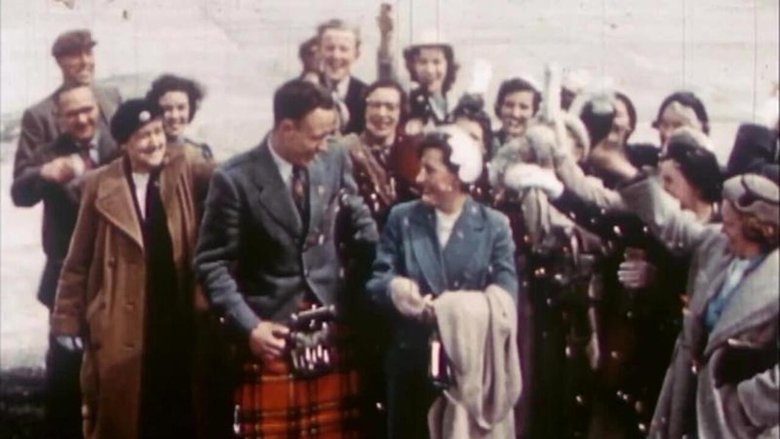
Haunting colour travelogue taking in Ulster, Lewis, Lincoln and Cardiff's Tiger Bay.
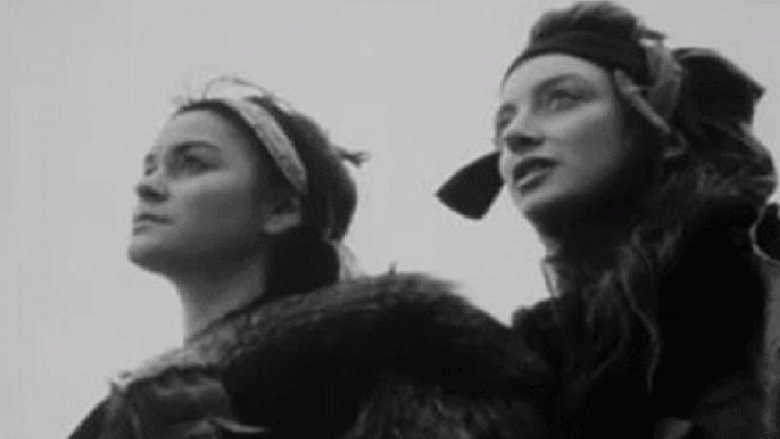
Through the experiences of two women in Paris and London, Ghost Dance offers an analysis of the complexity of our conceptions of ghosts, memory and the past. The film focuses on the French philosopher Jacques Derrida, who observes, 'I think cinema, when it's not boring, is the art of letting ghosts come back.' He also says that 'memory is the past that has never had the form of the present.'